The idea that that we are not the only lifeforms in the universe has captured the imagination and interest of not only scientists but philosophers, historians and even archaeologists.
Many people would agree with me that to even think we are the only living species in the universe is totally absurd.
The universe is SO big, that it’s hard to put it into perspective. Now imagine if there isn’t ONE universe but that there are more universe as scientists have speculated in recent years.
Anyway, to understand where we are located in the universe, and just how bit it is, here are 10 mind-bending images that promise to make you rethink everything you thought about the universe, our solar system, and Earth, and whether or not we are alone in in our journey through space.
Welcome to our solar system, our very own ‘private’ corner in the universe. Our star system –which is composed of 8 planets and several ‘dwarf planets’— is considered as a galactic oasis.
As you are reading this, the Earth revolves around its own axis; it orbits the sun, the sun moves through space at a staggering 792,000 kilometers per hour around the galactic center, and our universe moves at a mind-bending 2.1 million kilometers per hour.
In fact, everything within the universe moves, from our planet –which rotates on its axis at a speed of nearly 1700 kilometers per hour— to the solar system and even the galaxy.
Here’s our star system, oh and by the way, it’s still not fully explored.
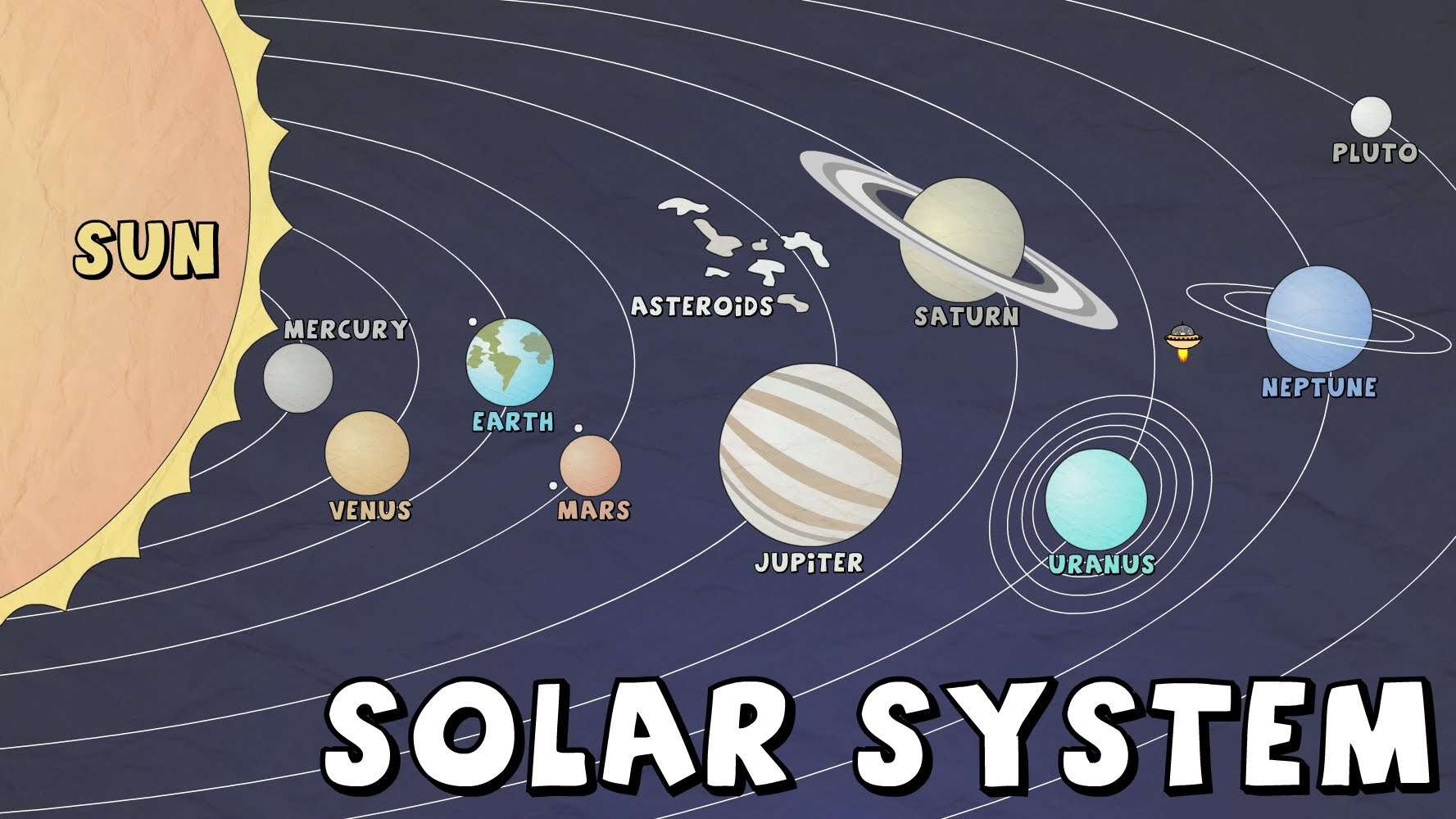
But as I’ve said above, we aren’t stationary so it looks more like this:
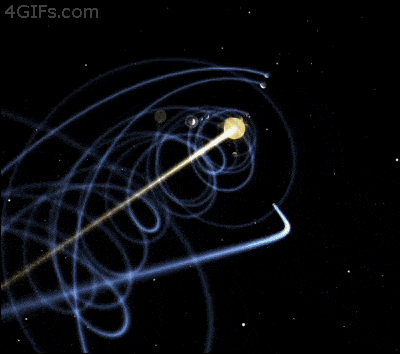
The largest planet in our solar system is Jupiter. It’s size is truly glorious and to get an idea as to how bit the Gas Giant is, here’s an image that illustrates the size of Jupiter compared to North America.

Here’s a comparison of Earth and Jupiter.
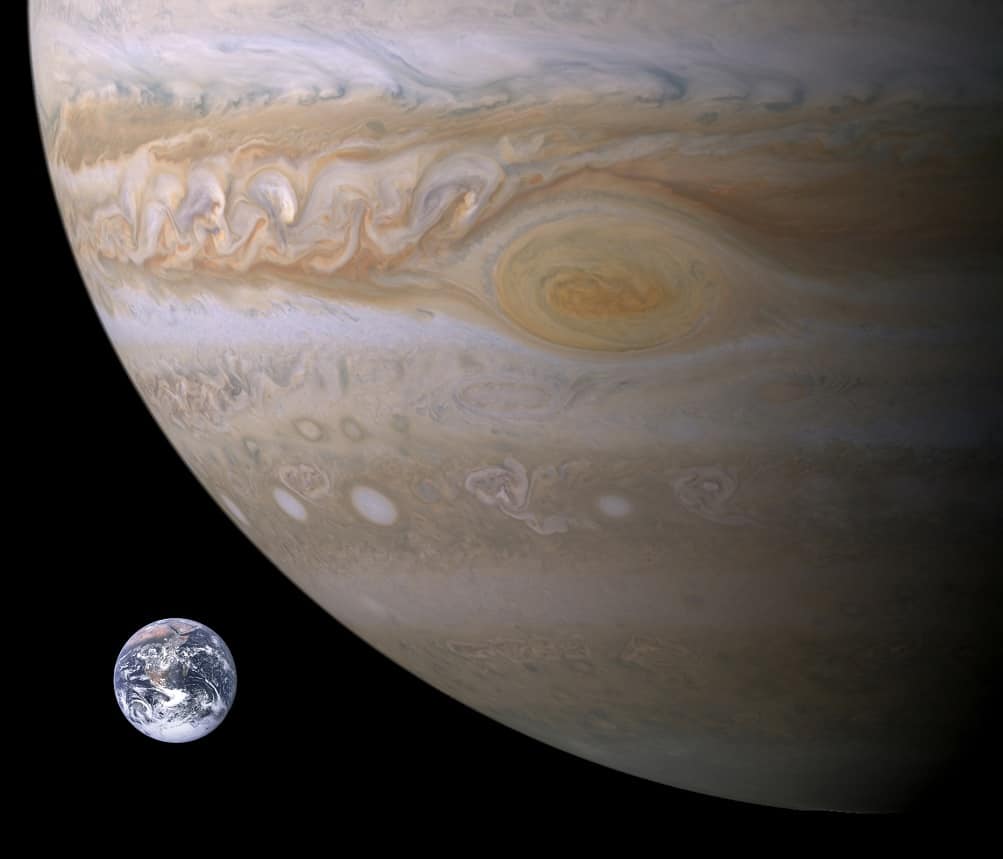
Here is a different perspective:
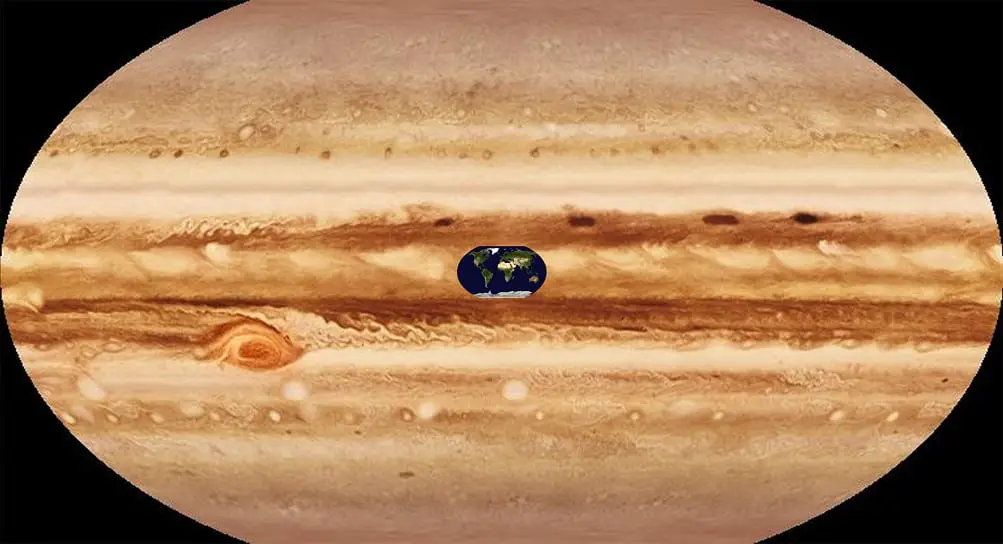
In terms of diameter, this is what it looks like:
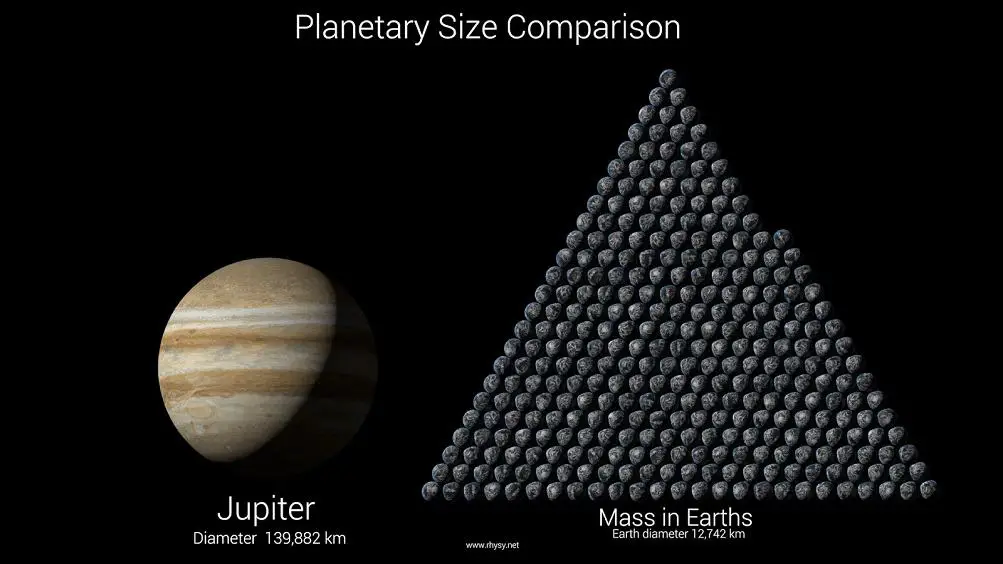
Here’s another mind-boggling image, six Earth’s compared to the size of Saturn.
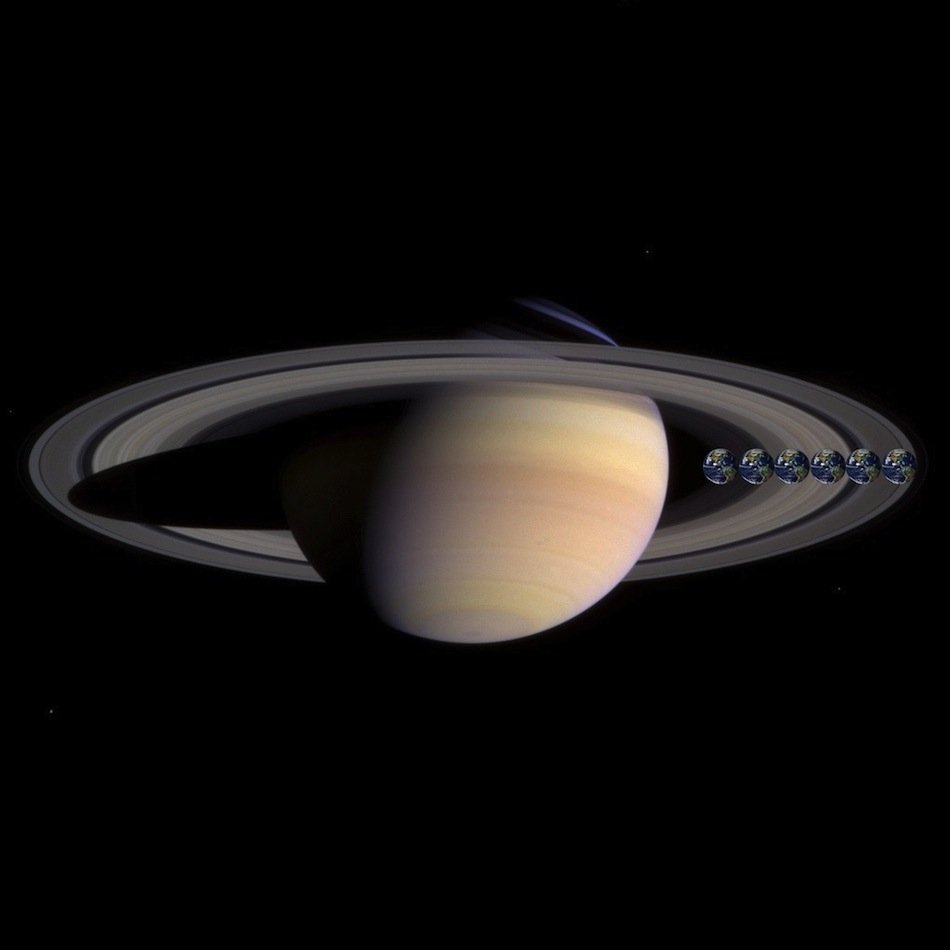
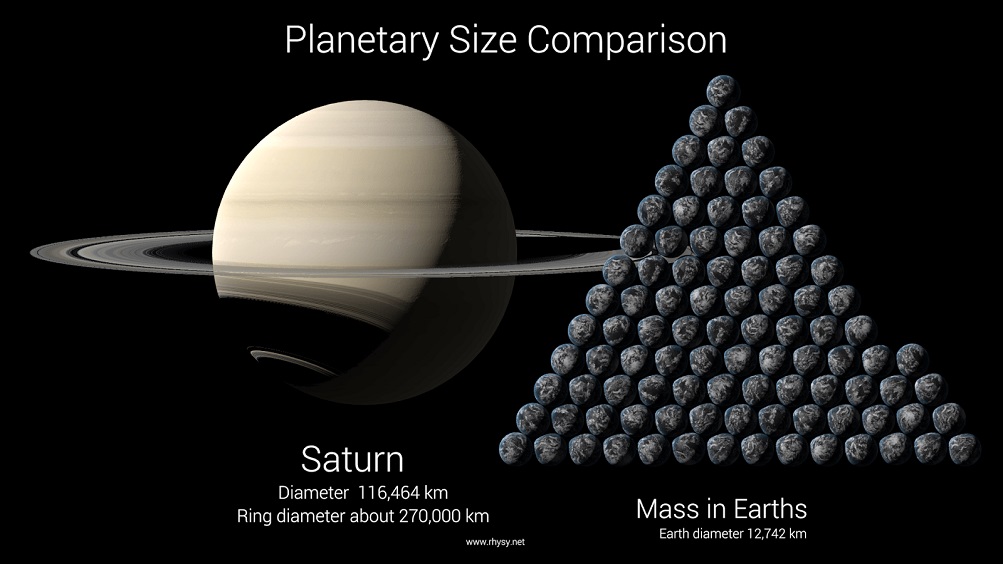
Now, let’s take a look at the Sun compared to the remaining planets in our solar system:

Here’s a comparison of the Earth and the Sun:
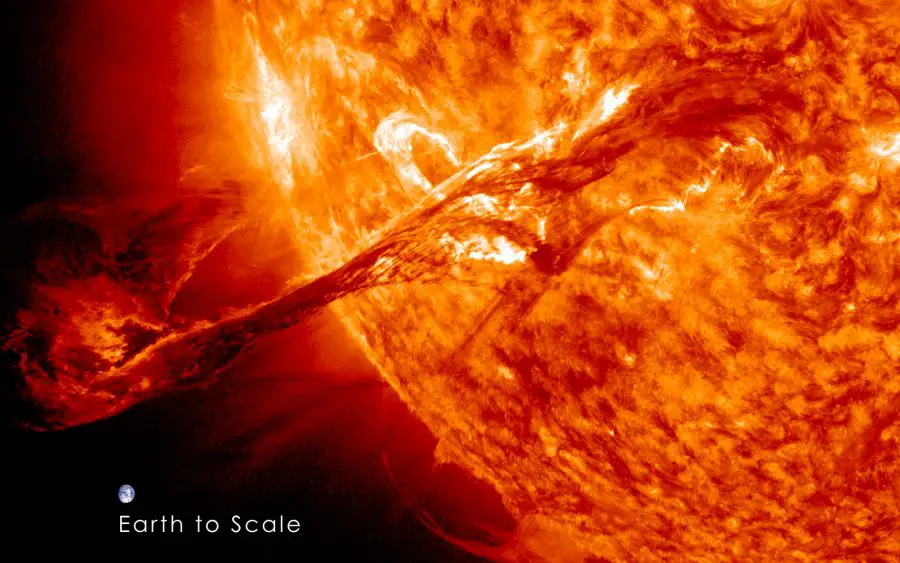
Even though the sun might seem MASSIVE, the truth is that it’s actually really small compared to other stars in the known universe. For example, VY Canis Majoris is approximately 1,000,000,000 times bigger than our Sun.
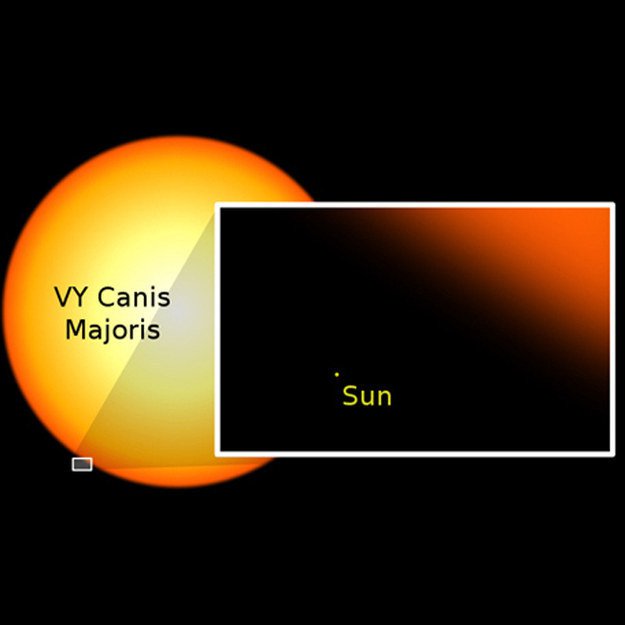
There are objects in the universe which are SOOO big, it’s hard to even imagine it. In this image we see the size of the Milky Way Galaxy compared to some of the known galaxies in the universe, located millions of light years away from Earth.

Here, you can check out a 46 billion-pixel Milky Way picture, which is considered the largest astronomical image to date. Here’s a small part:
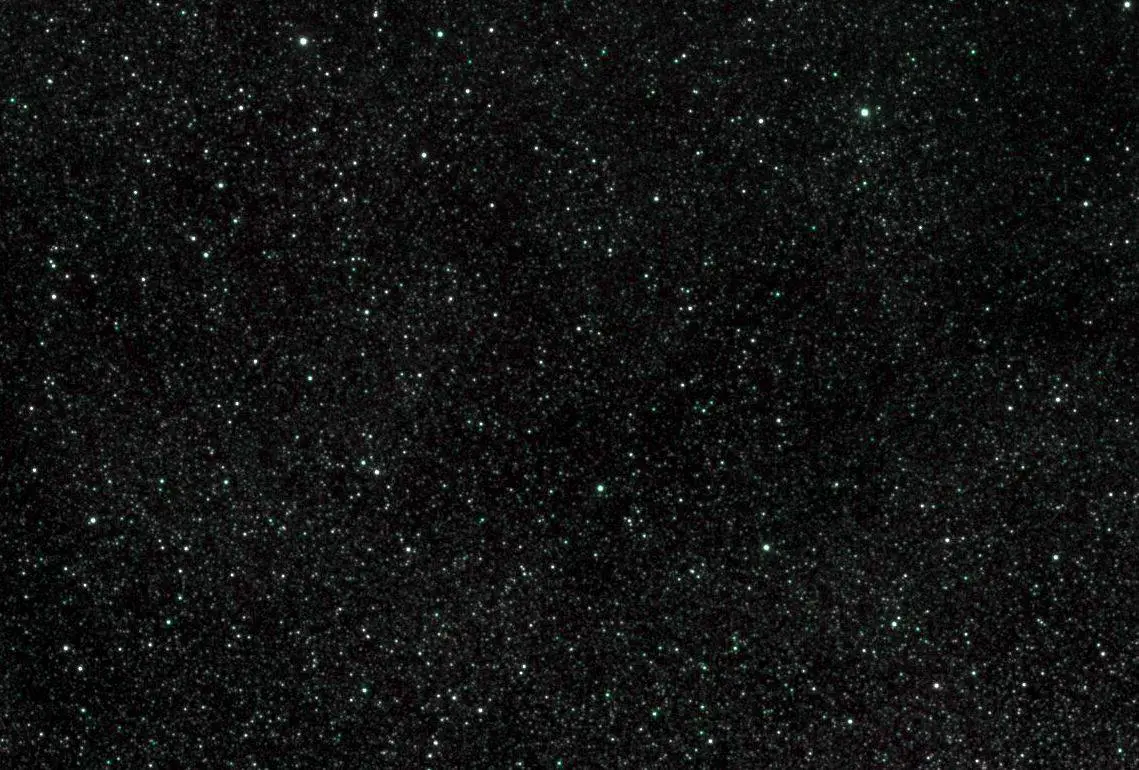
This is our solar system’s neighborhood:

…Which is actually small when you zoom out.
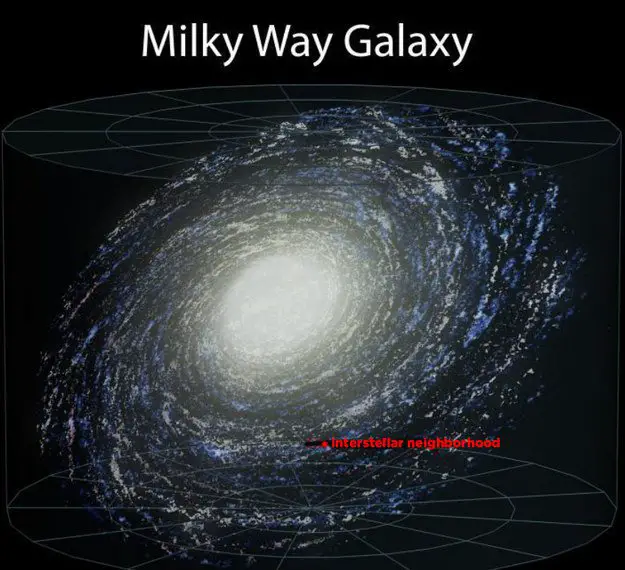
In this image we have our local GALACTIC neighborhood:
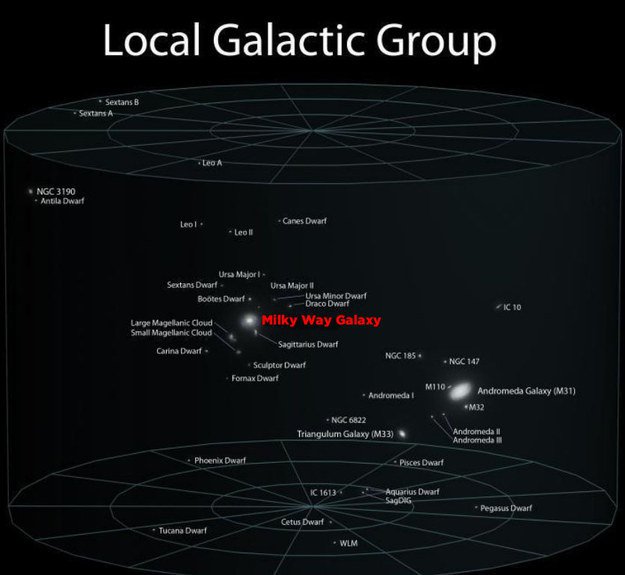
However, if you zoom further out, yu will find yourself looking at out neighboring galaxies which are surrounded by other galaxies with their own neighboring galaxies. Astronomers refer to this as the Virgo Supercluster.
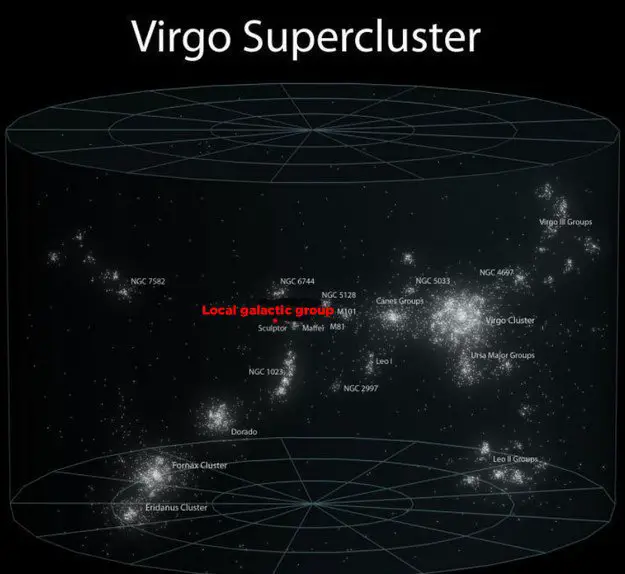
The Laniakea Supercluster is the galaxy supercluster that is home to the Milky Way and 100,000 other nearby galaxies.
The Laniakea Supercluster encompasses 100,000 galaxies stretched out over 160megaparsecs (520 million light-years). It has the approximate mass of 1017 solar masses, or a hundred thousand times that of our galaxy, which is almost the same as that of the Horologium Supercluster. It consists of four subparts, which were known previously as separate superclusters.
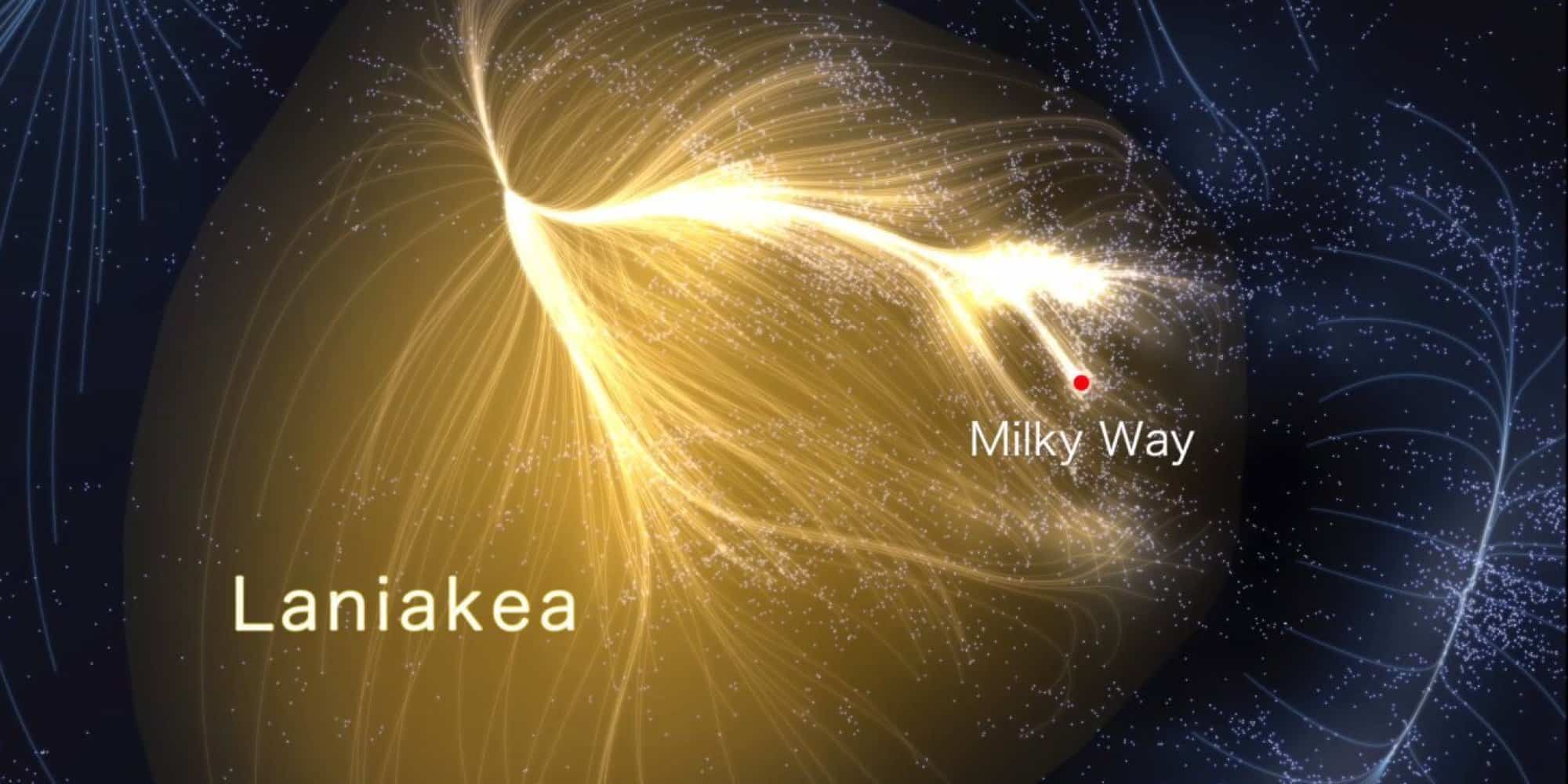
And guess what, if you zoom further out you will realize that the Virgo Supercluster is also surrounded by neighboring superclusters.
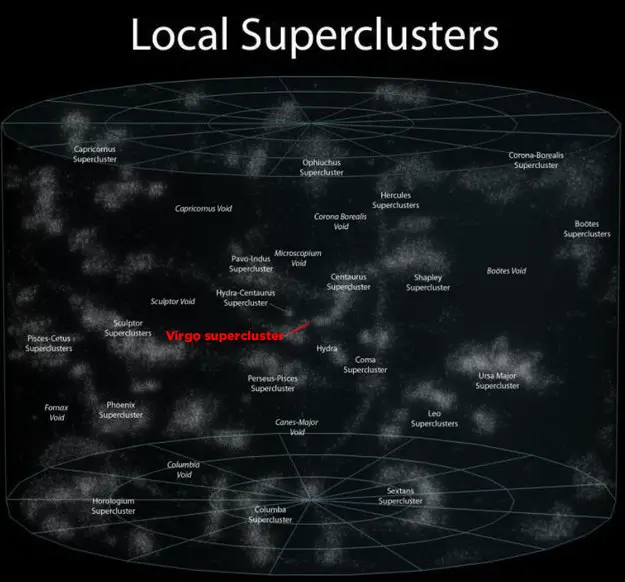
And here is an image of the observable universe.
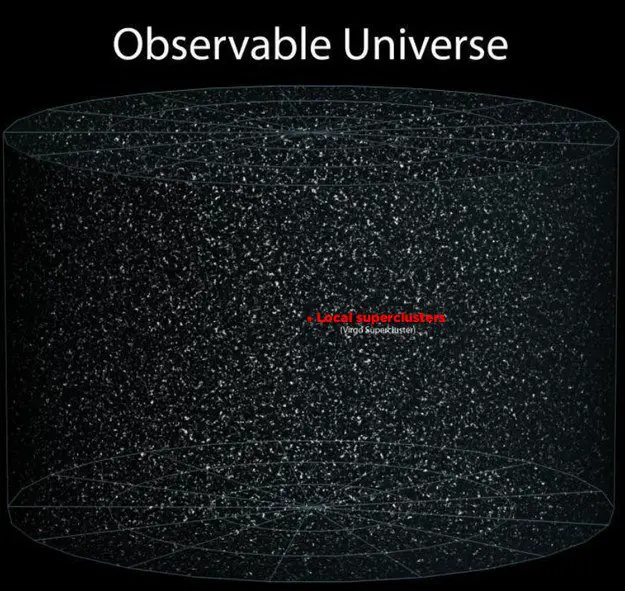
Now ask yourself the question: Are we alone in the universe?
No comments:
Post a Comment